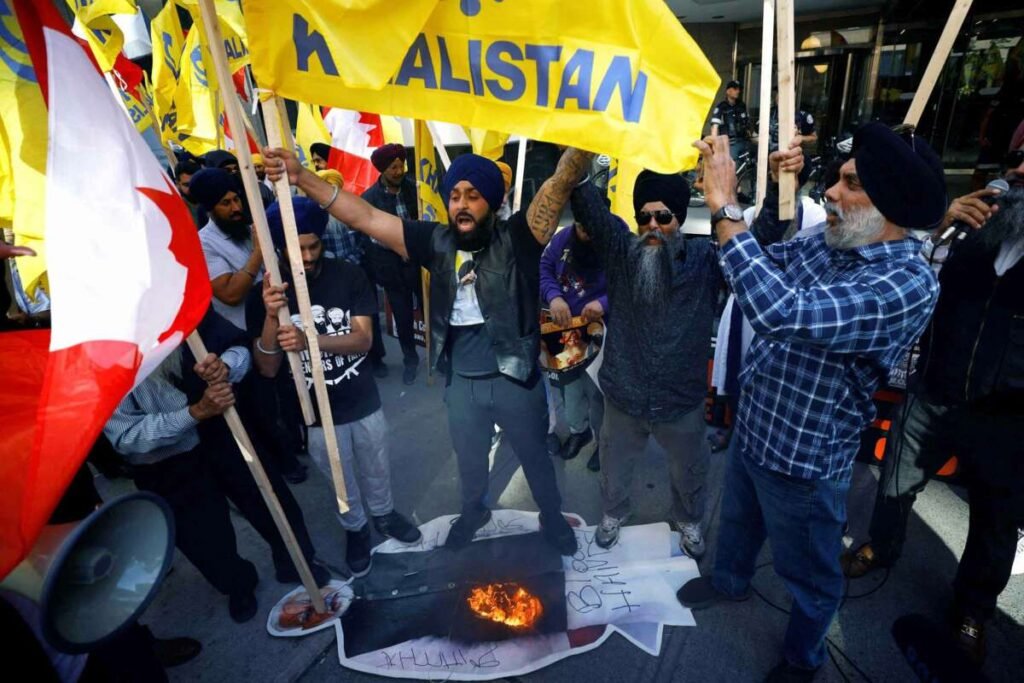US Sikhs
Sikh Americans are increasingly voicing concerns about heightened threats and surveillance allegedly orchestrated by the Indian government under Prime Minister Narendra Modi.
According to activists and community leaders, there is a growing apprehension that the Indian government is targeting Sikh individuals in the US who openly criticize Modi’s policies, especially those concerning the Sikh-majority state of Punjab.
The Sikh American community reports that the Indian government is employing a range of tactics to intimidate and silence critics.
These tactics include doxxing, which involves the public release of private information, harassment, and even physical threats.
Such actions, they claim, are part of a broader strategy to suppress dissent and control the narrative surrounding Modi’s administration and its policies.
“There’s a concerted effort to surveil, harass, and threaten Sikh Americans who are speaking out against human rights abuses in India,” stated a Sikh activist. “We’re being watched, our personal information is being spread online, and some of us have even received physical threats.”
This statement underscores the level of fear and unease within the community, highlighting the impact of these alleged tactics on their daily lives and their ability to voice their opinions freely.
The rise in these tensions coincides with broader conflicts between the Indian government and the Sikh community, both domestically and abroad.
Sikhs have long accused Modi’s Hindu nationalist administration of marginalizing their community and cracking down on dissent, particularly in Punjab.
This has been a source of contention and has contributed to the strained relations between the Indian government and Sikh activists.
Indian officials have firmly denied these allegations, labeling them as “completely baseless.” They argue that there is no merit to the claims of surveillance and threats, and dismiss the concerns as unfounded.
Despite these denials, Sikh Americans insist that the threats they are experiencing are very real and are significantly affecting their freedom to express their views and organize community activities.
The fear of retaliation has grown to the extent that some Sikh Americans are now hesitant to organize or participate in community events. “We’re scared to even organize community events now,” explained another Sikh leader. “The Indian government is trying to silence us, and we feel helpless against their reach and power.”
This sentiment reflects the growing anxiety and sense of vulnerability among Sikh Americans who are active in advocating for their community’s rights and addressing issues in India.
Despite the risks, Sikh Americans remain resolute in their commitment to speaking out against what they perceive as human rights abuses.
They believe that bringing attention to their plight is crucial in safeguarding their community and preserving their right to free speech.
By highlighting these issues, they hope to garner support and protection for their cause and ensure that their voices are not silenced by external pressures.
As the situation continues to evolve, the Sikh American community’s resilience and determination to address these challenges remain a testament to their commitment to human rights and free expression.
The ongoing discourse about surveillance and intimidation underscores the broader struggle for freedom of speech and the rights of minority communities in a global context.


